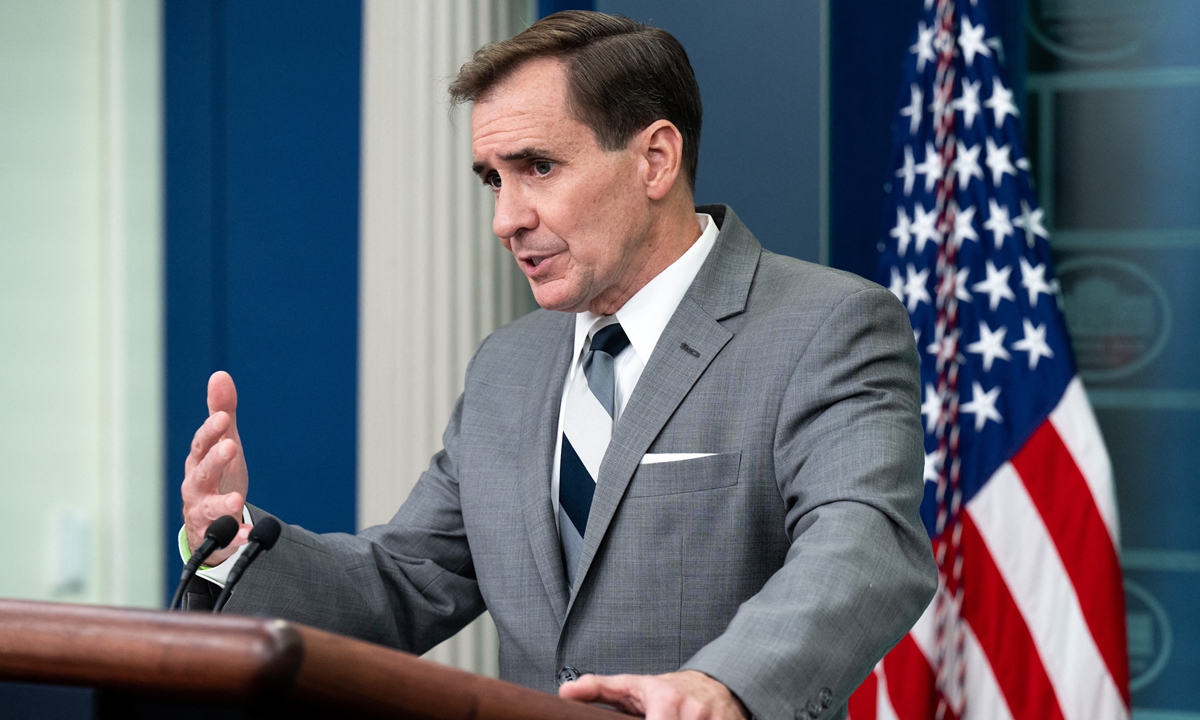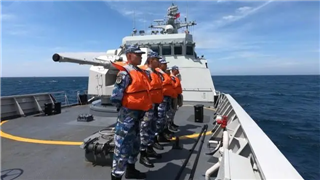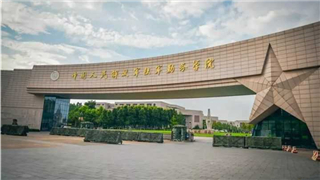
In both the meeting on November 14 between heads of state of China and the US on the side lines of the G20 summit and the talks between the two countries' defense chiefs on Tuesday, China made clear its red line on the Taiwan question. And the US side repeated its commitments. If the White House wants to make its "rules-based order" narrative look credible, the Taiwan question is the touchstone.
On Tuesday, Chinese State Councilor and Defense Minister Wei Fenghe emphasized that the Taiwan question is the core of China's core interests and the first insurmountable red line in China-US relations, during his meetings with US Secretary of Defense Lloyd Austin.
Yet according to TASS, on Tuesday local time, White House National Security Council spokesman John Kirby said that without speculating about who the next House speaker is, the speaker, and other members of Congress have the right to travel abroad, including Taiwan island, adding that legislators are a separate branch of government, so their choice won't be interfered by the executive branch.
Kirby obviously tried to twist the issue. This is not about separation of power in US political system. It is about understanding and abiding by the rule: US unofficial relations with Taiwan island must stay unofficial.
Unofficial ties mean the US and Taiwan island can only maintain their communication and interactions at economic, cultural and people-to-people exchange levels. A visit by a high-level political or military official would signal the breaking of US commitment, and trampling of the principles Washington has agreed upon, Song Zhongping, a Chinese military expert and TV commentator, told the Global Times.
After the outgoing House Speaker Nancy Pelosi's provocative visit to Taiwan island in August, Kirby used the same term to downplay the provocation. He said it is common for the speaker to travel abroad. Washington may think the term "travel abroad" makes the US, the one who actually stirs up troubles, a passive side with Bambi-eyed innocence. But if a US House speaker goes to Taiwan, that is an act that crosses the lines and breaks the commitments.
Republican House Leader Kevin McCarthy, who could be the next House speaker, has said in July that he would visit the island of Taiwan if he becomes House speaker after the midterm elections. Was Kirby paving a way for US future plans that would cross the line? It is to be observed. But Washington should keep this in mind, if it wishes to successfully peddle its "rules-based order" rhetoric, it better respects it first on the Taiwan question.
History has proved that the US is not a country that follows the rules, and the so-called rules in Washington's eyes could be broken without hesitation for its own geopolitical interest, Yang Xiyu, a senior research fellow at the China Institute of International Studies, told the Global Times. McCarthy's remarks on his potential visit to Taiwan even before becoming the House speaker shows that geopolitical interests, even US politicians' self-interests, are placed above the rules and laws, Yang added.
Analysts said that the US is used to drawing lines for other countries, in an attempt to safeguard its hegemonic interests. But China has been more proactively drawn its line of sovereign interests. As Chinese President Xi Jinping put it, the Taiwan question is at the very core of China's core interests, the bedrock of the political foundation of China-US relations, and the first red line that must not be crossed in China-US relations.
In this process, as China grows stronger and even becomes another superpower, it has made the US anxious, turning American politicians more and more impatient to launch a strategic competition with China, Yang noted.
Regardless of the possibility of a visit to Taiwan island by McCarthy, the priority for China is to fulfill its own tasks well. It must keep boosting national strength so that the US will learn to think twice before crossing China's lines. And China should keep its own pace in dealing with the Taiwan question. In this major power game, as the US fights in its own way, China can also fight in its own way.











